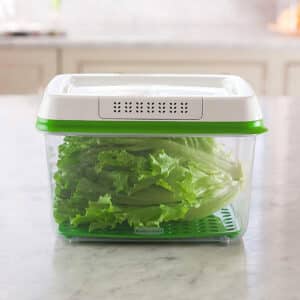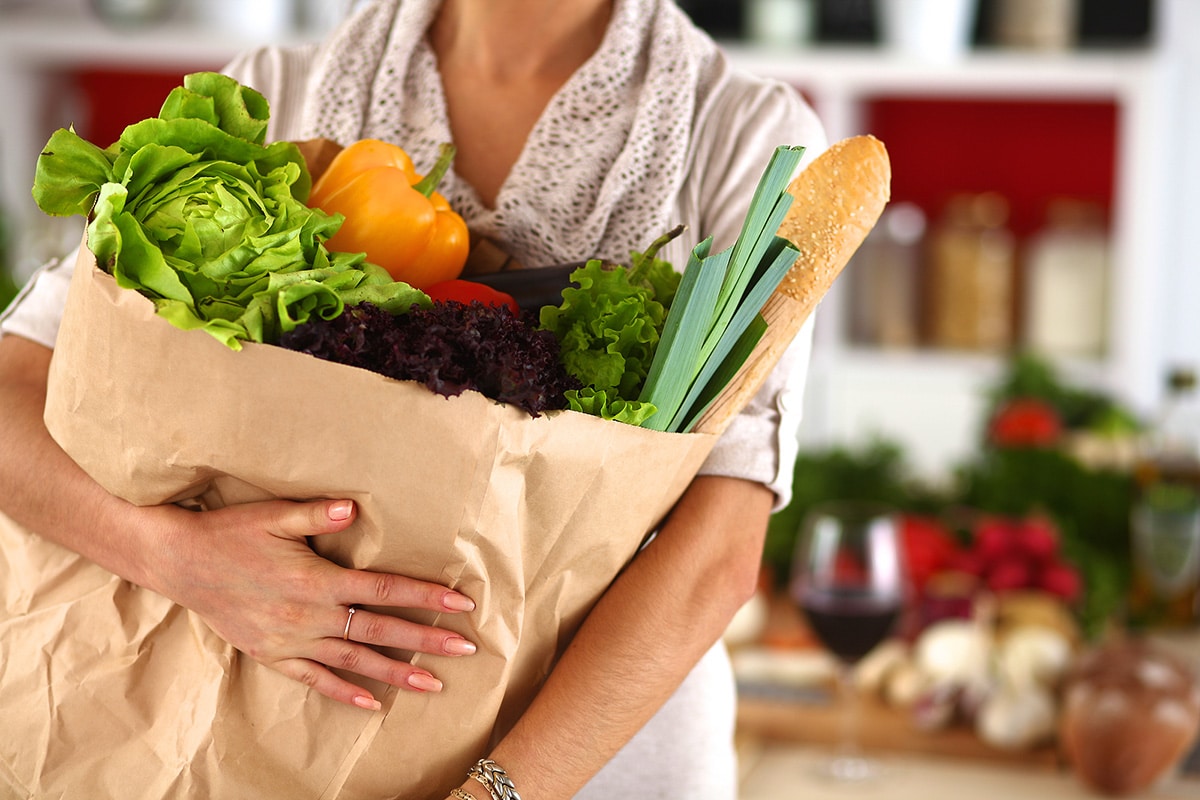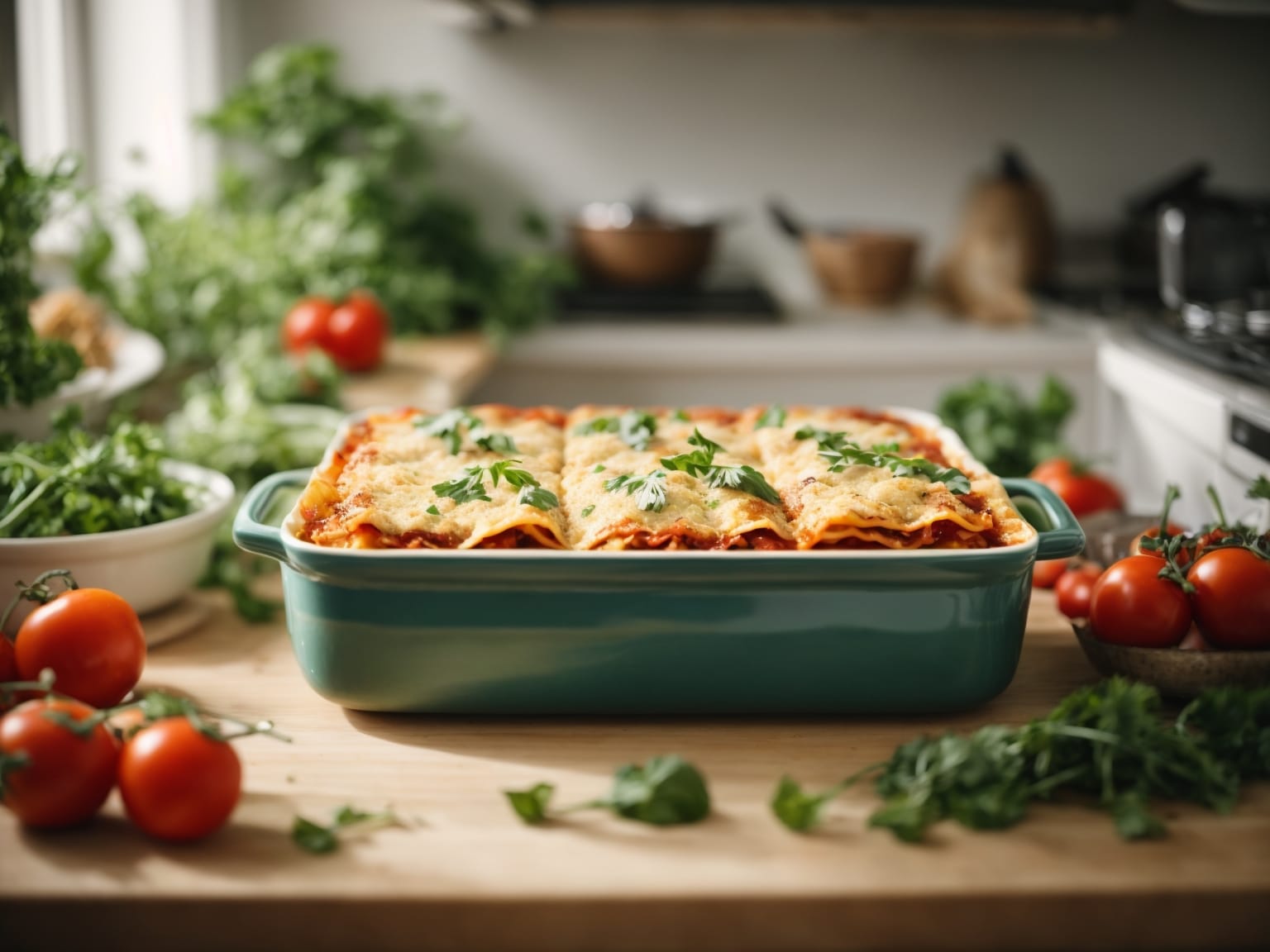When it comes to maintaining a healthy diet, incorporating fresh vegetables is essential. However, buying fresh produce is only half the battle; storing them correctly ensures they remain crisp, flavorful, and nutrient-rich. If you’ve ever found yourself throwing out wilted veggies after just a few days, this guide is for you. Here’s how to store vegetables so they last at least a week or even longer.
1. Know Your Vegetables
Different vegetables have varying storage requirements. Some like cool, dark places, while others prefer a bit of moisture. Familiarize yourself with the specific needs of each vegetable to maximize freshness.
2. Avoid Washing Before Storage
It might seem counterintuitive, but washing vegetables before storing can promote rotting. Moisture is the enemy of freshness for most veggies. Instead, wash them right before use. If they come with soil, gently brush it off, but avoid soaking them.

3. Use the Right Containers
Invest in breathable containers or perforated plastic bags. This allows some airflow, preventing moisture buildup that leads to decay. For leafy greens like lettuce and spinach, consider wrapping them in paper towels before storing in a bag to absorb excess moisture.
4. Keep Some Vegetables in the Fridge
The majority of fresh vegetables benefit from refrigeration. However, not all shelves in your fridge offer the same environment.
– Crisper Drawers: These are designed to maintain higher humidity, ideal for vegetables like carrots, beets, and broccoli.
– Main Fridge Shelves: Store vegetables like bell peppers, cucumbers, and zucchinis here. They prefer a slightly lower humidity level. But store them in containers designed for vegetables.
– Door Shelves: Avoid storing veggies here. The temperature fluctuates more, impacting their freshness.
5. Store Potatoes and Onions Separately
While they might be best friends in many recipes, potatoes and onions should be stored separately. Both prefer cool, dark, and well-ventilated spaces but emit gases that can cause each other to spoil faster.
6. Opt for Root Cellar Conditions
If you have a basement or a cool, dark space in your home, utilize it for vegetables that thrive in such conditions. Root vegetables like potatoes, carrots, and beets can last for weeks when stored in a root cellar-like environment.
7. Keep Tomatoes at Room Temperature
Contrary to popular belief, tomatoes lose their flavor and texture when refrigerated. Keep them on the countertop away from direct sunlight. Use them within a week for the best taste.
8. Revive Wilted Vegetables
If you notice some veggies starting to wilt but haven’t turned completely bad, you can revive them.
– Leafy Greens: Immerse them in cold water for a few minutes, then dry thoroughly before storing.
– Root Vegetables: Trim off any soft spots and place them in ice-cold water for a few hours to crisp up.
Proper Food Storage Saves Money
Properly storing vegetables not only ensures they remain fresh and flavorful but also reduces food wastage and saves money. By understanding the unique requirements of each vegetable and providing the right storage conditions, you can enjoy nutritious veggies for a week or even longer. Remember, the key is to minimize moisture, maintain appropriate temperatures, and occasionally check on your produce to ensure optimal freshness.


